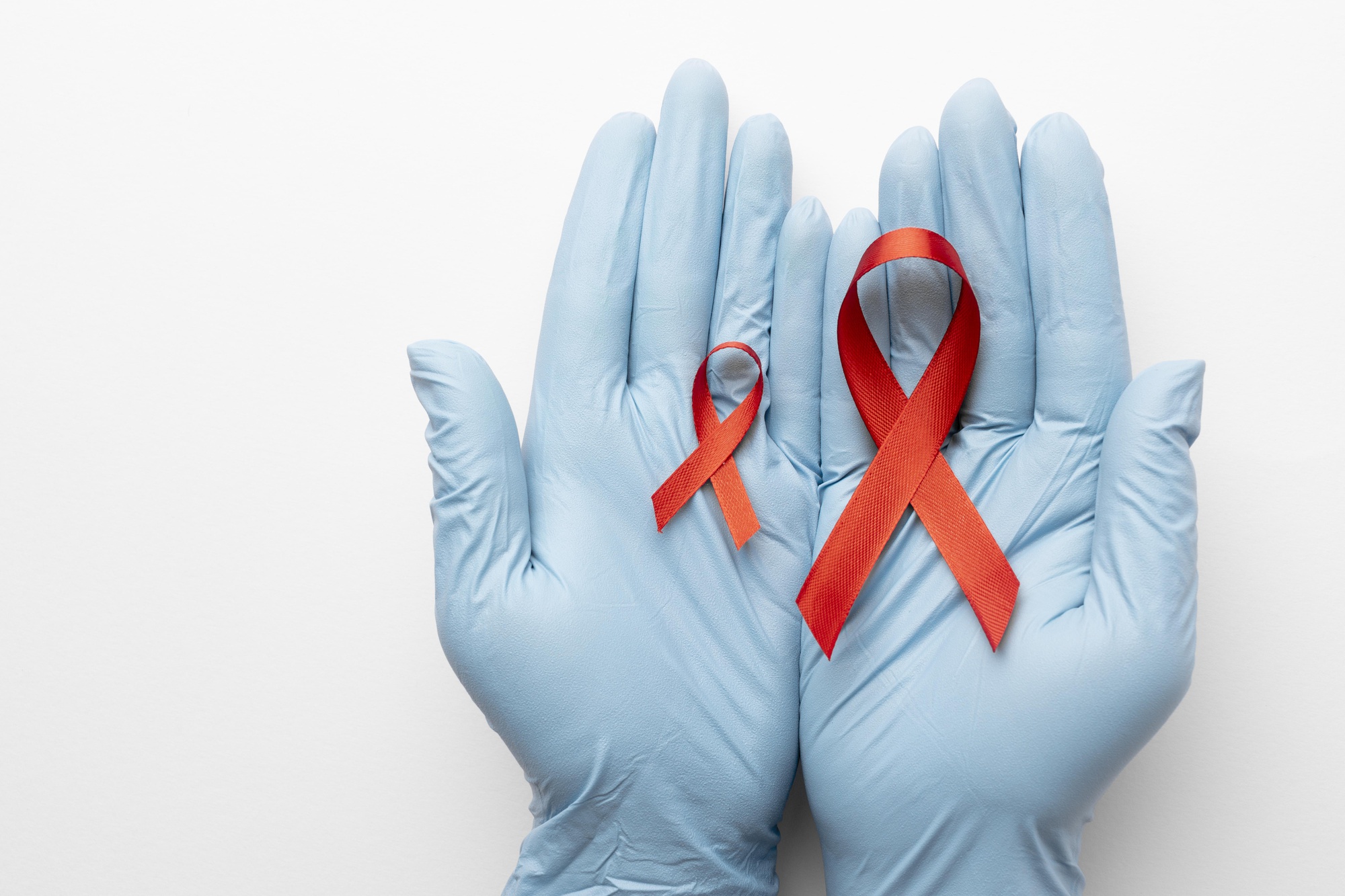Low testosterone, or hypogonadism, is a common condition that often goes unnoticed as men age. Despite its prevalence and the impact it has on both physical and mental health, it frequently remains underdiagnosed, leaving many men feeling far from their best. Here’s a closer look at why this happens.
Causes and Symptoms of Low Testosterone
Testosterone, a hormone mainly produced in the testes, is essential for male development and well-being. It influences everything from muscle mass and facial hair to mood regulation and sexual function.
Aging naturally leads to lower testosterone levels, but other factors like obesity, diabetes, certain medications, chronic illness, and genetic conditions can contribute to early or more severe drops. Younger men can also be affected due to environmental factors, lifestyle choices, or other underlying health issues.
Common symptoms of low testosterone include:
- Decreased libido and sexual issues
- Persistent fatigue and low energy
- Muscle weakness or loss of muscle mass
- Mood swings, irritability, or depression
- Weight gain, particularly increased body fat
- Cognitive decline, memory problems, or difficulty focusing
Why Low T Often Goes Unnoticed
Despite these broad symptoms, many men dismiss them as just part of aging or due to stress, sleep problems, or other factors. There’s also a general lack of awareness about how common low testosterone is, both among men and some healthcare providers. Fatigue or mood changes, for example, can easily be mistaken for symptoms of other health conditions, making it harder to identify the real cause.
Additionally, discussing sexual health or hormone-related issues can feel uncomfortable, leading many men to avoid the conversation altogether, which delays proper diagnosis and treatment.
Challenges in Diagnosing Low Testosterone
Diagnosing low testosterone can be tricky. Guidelines for screening and diagnosis differ, and healthcare providers might not routinely check testosterone levels even when symptoms are present.
Testing for low testosterone can also be inconsistent. Diagnosis often depends on measuring free or bioavailable testosterone rather than total testosterone levels, and these tests can be affected by timing and other factors. Usually, testosterone levels are tested twice, about a month apart, in the early morning while fasting. Results are compared against the lower threshold typically found in younger men.
A study found that most urologists rely on these reference ranges to diagnose their patients, which can sometimes miss symptomatic individuals whose testosterone levels are technically within the “normal” range.
Dr. Eric Huygue, a urologic surgeon from Toulouse University Hospital in France, shared his thoughts on the issue: “This method has been in place for a while, but it’s becoming clear that many symptomatic patients with undiagnosed deficiencies are still grouped within the ‘normal’ reference range.”
The Importance of Addressing Low Testosterone
Detecting and treating low testosterone early is key to improving quality of life and reducing the risk of further complications. Restoring testosterone levels can ease symptoms like fatigue and mood swings, and benefit overall health—boosting cardiovascular health, bone density, and mental well-being.
Do You Have Symptoms of Low Testosterone?
If any of the symptoms described here sound familiar, it’s important to take them seriously. Open up about them with your healthcare provider for a clearer picture of your health.
Low testosterone is more common than many realize, but it’s also often missed. By increasing your awareness, advocating for your symptoms, and seeking out the right tests, you can regain control over your health. It’s important to listen to what your body is telling you and take steps to address your hormonal balance.



